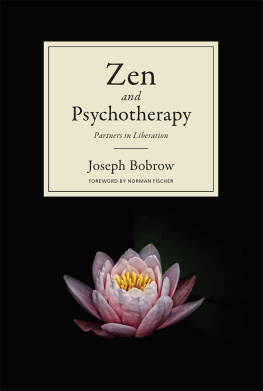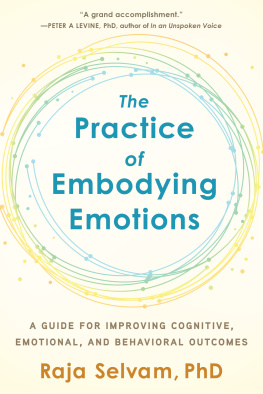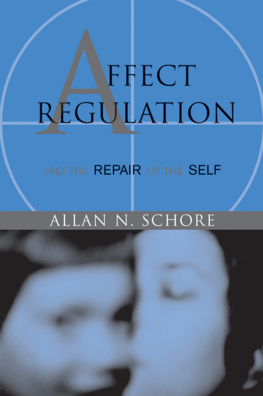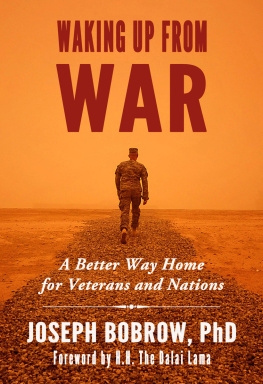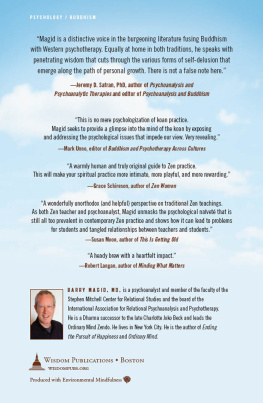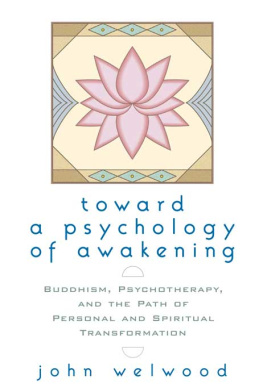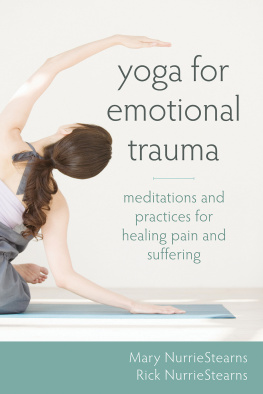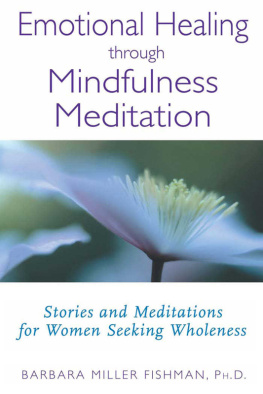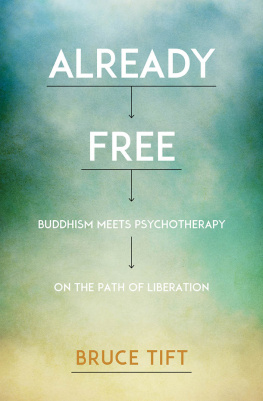Praise for Zen & Psychotherapy
Often the most interesting places in our lives are found where two contrasting spheres of influence meet those warm tidepools of the littoral zone that bristle with all sorts of fertile surprises. Joseph Bobrows book embodies just such a rich encounter in the interfacing of Zen and psychotherapy. His several decades of experience have enabled him to draw knowledgeably and freely from both disciplines. His narrative coaxes insights as often from academic papers, encounters, and dreams, as it does from koans and dialogues of the ancients, poems, and song lyrics. All of these he has brewed together in the fecund pool of his own wisdom and thoughtful analysis, and what has emerged from that crucible is a fine book, brimming with life, and resonant with integrity and heart. It would be no surprise if people were quoting from it long into the future.
AJAHN AMARO, author of Small Boat, Great Mountain; Silent Rain; and Rugged Interdependency
Zen master and psychoanalyst Joseph Bobrow has a rare depth and subtlety of experience in both disciplines and ways of life. After nearly forty years of practice and teaching in each, he has written a definitive, clear, and compassionate book that argues persuasively that Zen and psychotherapy are complementary traditions. Each challenges and enriches the other. Even enlightened Buddhist practitioners can expand themselves as individuals and in their relationships. Therapists and their patients can become more meaningfully aware of the depth of experience that lies beyond individuality and individuation. Mindful of differences, but also indivisible links, Bobrow challenges us to realize the integration of the personal and the universal in our daily lives. Anyone interested in psychological or spiritual ideas or practice will find much of value in this deeply gratifying and informative work.
GERALD I. FOGEL, MD, training and supervising analyst and former director, Oregon Psychoanalytic Center
This is a quiet book that works you, not simply informs you. Bobrow embodies unconscious affective communication between psychoanalysis and Buddhism. Hes lived it. The book carries it. The reader experiences it.
CHARLES SPEZZANO, PHD, author of Affect in Psychoanalysis and co-editor of Soul on the Couch

A masterful exploration... nuanced, sensitive, perhaps poetic, and certainly non-reductive. I am not aware of another book that plunges so deeply into theory, with equal respect and appreciation for both disciplines. Bobrows voice from the Zen teaching seat is clear, compassionate, encouraging, deep, yet modest. Those adjectives apply to the book in its entirety.
from the foreword by Norman Fischer
Please read this book. Joseph Bobrow is a true meditation teacher who walks his talk and enjoys his practice.
Thich Nhat Hanh
Joseph Bobrow shows how fertile it can be to study both Zen and psychotherapy simultaneously. This book is smart, lively, and provocative.
Mark Epstein, MD, author of Thoughts without a Thinker
A fine book, brimming with life, and resonant with integrity and heart.
Ajahn Amaro, abbot of Amaravati Monastery
_______________
This book is an intimate dialogue that examines the interplay of emotional and spiritual development through the lens of Zen Buddhism and psychotherapy. Zen and Psychotherapy artfully illuminates the intrinsic connections between the two practices, and demonstrates how the traditions can be complementary in helping to live a truly fulfilled and contented life.
Zen teacher and psychologist Joseph Bobrow deftly shows how the major themes of trauma, attachment, emotional communication, and emotional regulation play out in the context of Zen and of psychotherapeutic practice, and how, in concert, both provide a comprehensive, interactive model of fully functioning human life.
To my father, Robert Bobrow,
and my mother, Helen Krieger,
for the gift of life
To Aitken Gyoun Roshi, Yamada Koun Roshi,
and Ven. Thich Nhat Hanh for helping reveal
its essential nature
To Joseph Caston, for helping me learn to live it fully
Foreword
Ive known Joe Bobrow for a long time. He is, as you will soon sense from the pages you are about to read, an intensely questioning person whose feeling for life and for others runs deep which is why it was perhaps inevitable that he would devote himself to a lifetime of study of both psychoanalysis and Zen Buddhism.
Many of us (like Joe) who seriously undertook Buddhist practice in the 1960s and 1970s came to it out of great need. We were fleeing a world that had ceased to make sense to us, and were searching for ultimate experiences that would somehow catapult us out of that unworkable world, remaking our lives in the process. Having gone to great lengths to have such experiences, we were surprised, shocked, and disappointed to realize that our lives were not remade: that what we thought we had left behind was still there, inside us that our conditioned selves, formed by our families and the sufferings of our time, painfully remained, despite our Buddhist practice, indelible as ever.
Here is where we needed Buddhism a religion, the repository of such ultimacy and depth to encounter psychology, the humanistic science and art of discovering who we are as persons among others. For us this encounter was not a matter of mere interest of curiosity; it was something we needed to understand in order to live the lives we had embarked on.
Psychologys realm, as you will learn from this book, is the realm of self-awareness, of character formation, of interpersonality and social interaction, of being a person in the world in which one finds ones self. Buddhisms realm is in a sense otherworldly; it references the beyond-human context of being human, the cosmos, the eternal, the nature of consciousness and reality, and engages questions of ultimate meaning. Why are we alive? What is death? What is the meaning of human suffering? Buddhism naturally takes us to places where such questions are engaged, offering us methods and teachings to help.
It may seem at first glance that these two realms are distinct. Perhaps they were a few hundred years ago. But we are living in the post-Jungian era of depth psychology, which sees religious experience as a human phenomenon, and in the era of Buddhist modernism, when religion in general, and Buddhism in particular, have been remade in the light of science, personal autonomy and interiority, and mass culture. Buddhist modernism isnt just a Western phenomenon: as scholars have been pointing out for some decades now, the Buddhisms that came to the West from Asia were transmitted not by traditionalists who were espousing ancient wisdom but by modern teachers (though many of them were clerics wearing traditional garb), well aware of the era in which they were living. In other words, Buddhism and psychology have had, for some time now, tremendous overlap. It would not be too much to say that each has revolutionized the other.
This long process has been mostly, to use a psychological word, unconscious. That is, most psychologists who have been influenced by Buddhism may well not realize this, and most Buddhist practitioners whose practice stands on modern psychological assumptions may not recognize that this is so.
Here is where what we call theory helps and this book is to a large extent a masterful and subtle exploration of theory. If you want to practice as a psychotherapist or a psychotherapeutic patient or as a Buddhist practitioner or teacher, your practice will be well served by contemplation of the process you are engaged in. Thinking about what you are doing doesnt excuse you from the necessity of doing it, but it may shed some light on how you will do it and how you will feel about the doing of it. And if, like me, you are committed to your practice, some theory about what it is and how it works in the human heart is, simply, delightfully and usefully interesting.

